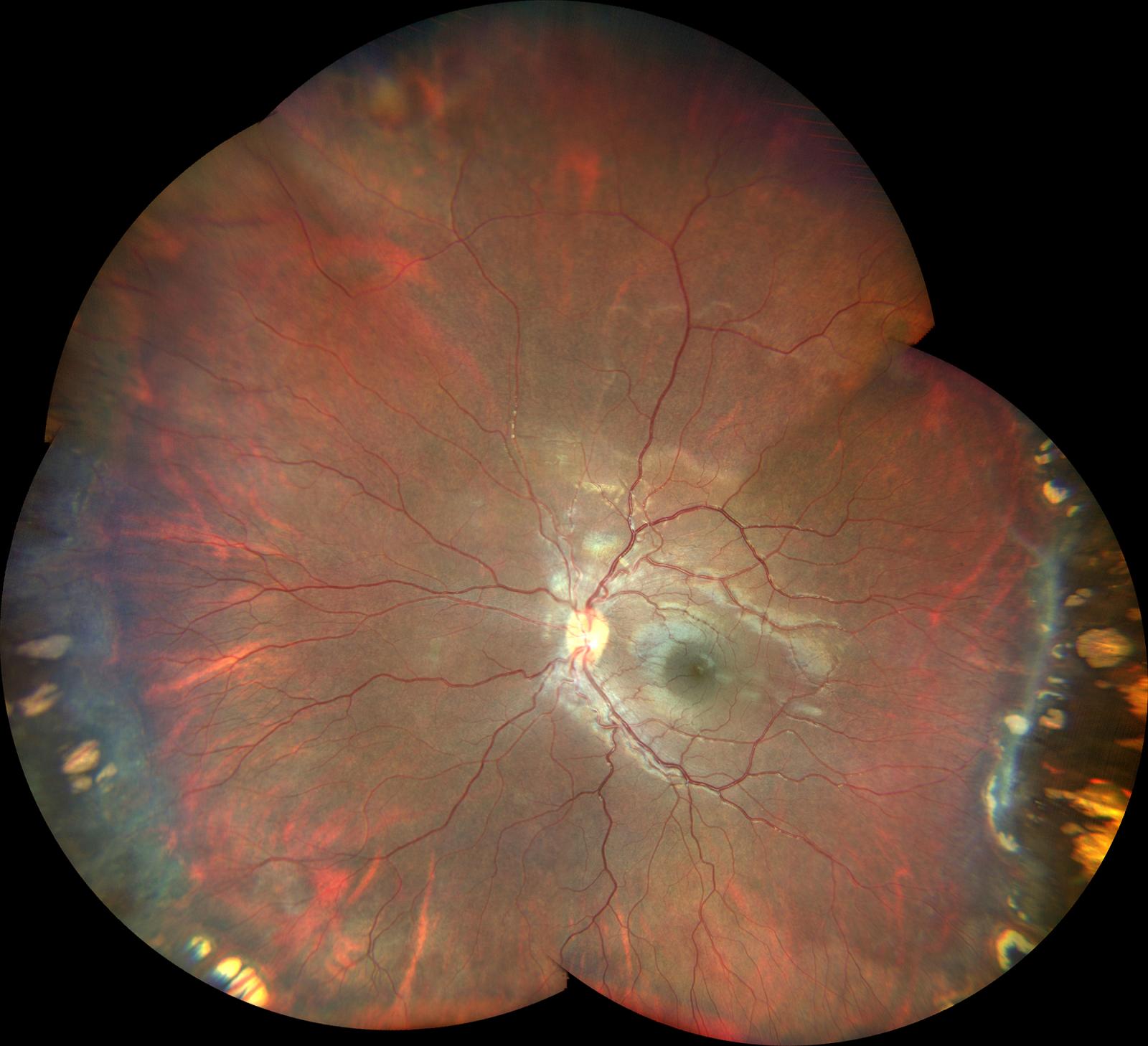Retina Conditions Explained: Retinopathy of Prematurity (ROP)
What is Retinopathy of Prematurity (ROP)?
- ROP is a retinopathy eye disease that can affect premature infants born weighing less than 1250 grams or before 31 weeks of gestation. Abnormal blood vessel growth can cause bleeding and scarring in the eye, and in the most severe cases, lead to retinal detachments with potentially permanent vision loss.
- ROP is an eye disease that arises as a result of incomplete development of the retina (the light-sensing tissue that lines the inside of the back of the eye). Babies who are born before 32 weeks of gestation (I.e., 2 or more months premature) or with a birth weight less than 3 pounds are most at risk. Incomplete retinal development may lead to the growth of abnormal blood vessels, which in turn can bleed or scar. If not diagnosed and appropriately treated, ROP can lead to permanent vision loss or blindness due to retinal detachment. Between 500 and 1000 infants go blind from ROP in the United States each year. The rates of vision loss are higher in poorer countries.

How is ROP diagnosed?
- Fortunately, the vast majority of premature infants, when cared for by experienced specialists, will not suffer significant vision loss from ROP. Evaluation of premature infants for ROP is performed by an ophthalmologist, typically in the Neonatal Intensive Care Unit (NICU) within a healthcare facility or hospital, or sometimes in the office as an outpatient. The ophthalmologist performs a retinal exam through dilated pupils to assess the development of the retina.
- Evidence-based guidelines have been established that determine when to begin exams, how frequently to continue exams, and when it is safe to stop. Typically, exams are repeated routinely until retinal vessel development has reached satisfactory maturity or the baby has achieved an age by which ROP is no longer seen. In some cases, the ophthalmologist may decide treatment is necessary based on these exam findings.
Can ROP be treated?
In experienced hands, the chance of blindness from ROP is exceedingly low. The conventional treatment is laser surgery to the retina, to induce regression of abnormal blood vessels. In some cases, injections of special medication (so-called anti-VEGF medication) into the eye are used for the same purpose. The choice and timing of these treatments are determined by the severity of the ROP and the overall health of the infant. In severe cases, more advanced retinal surgery may be required to repair retinal detachment.
Does ROP end in infancy?
Unfortunately, ROP is a lifelong disease. While the acute risks can be controlled within the first few months of life, premature infants are at a higher lifelong risk for myopia, strabismus, cataract, glaucoma, and retinal detachment. For this reason, these children should be seen regularly by an optometrist or ophthalmologist familiar with these potential complications.



